Targeted responses to evolving global scene, focus on digital, green fields key
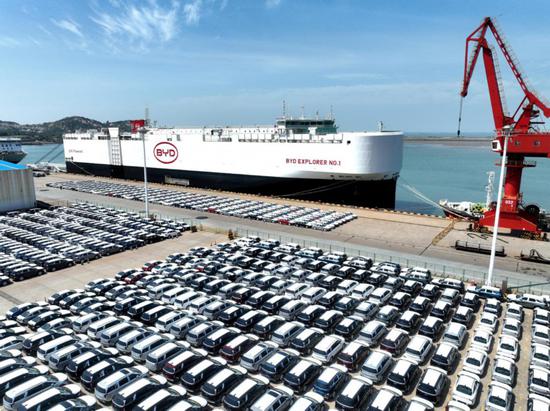
BYD vehicles bound for Brazil await shipment in Lianyungang, Jiangsu province. (WANG CHUN/FOR CHINA DAILY)
China's resolve to intensify its efforts to harmonize foreign trade policies with fiscal, tax, financial and industrial policies will foster a robust institutional framework to cement the country's position as a trading powerhouse and better underpin economic growth, experts said after reviewing the highlights of a recent tone-setting meeting.
They, however, hastened to add that the global economic recovery is still grappling with instability, with uncertainties stemming from trade protectionism, geopolitical tensions and other factors. All these factors, they said, are casting a shadow over the world's second-largest economy's trading activities. They called for targeted responses to navigate the evolving dynamics.
The just-concluded third plenary session of the 20th Central Committee of the Communist Party of China has pledged efforts to step up reforms to integrate domestic and foreign trade, and actively respond to the trends of digital and green trade.
According to the plenum's resolution released on Sunday, China will develop new regulatory approaches for Customs clearance, taxation and foreign exchange, and foster an institutional environment that is conducive to the development of new models and forms of trade.
Wei Jianguo, former vice-minister of commerce, said that China's ambition to strengthen its position in foreign trade necessitates a unified approach that emphasizes synergy between trade policies in other key areas such as fiscal management, taxation, financial regulations and industrial development.
Going forward, by avoiding fragmented decision-making and adopting a collective strategy, China can leverage the combined strength of multiple policy instruments to optimize its trade potential, Wei said, adding that the country should further tap the immense opportunities presented by digital and green trade.
Digitalization in trade processes, including cross-border e-commerce, digital platforms and emerging technologies such as artificial intelligence, opens up new avenues for robust growth, said Cui Fan, a professor at the University of International Business and Economics.
China, as laid out in the resolution, will promote the development of integrated pilot zones for cross-border e-commerce; it will also support various types of entities in developing logistics facilities overseas in an orderly way.
The ongoing digital transformation of logistics, warehousing and payment processes has revolutionized the way foreign trade enterprises operate, enabling them to leverage big data analytics. This will help them to gain insights into market trends, consumer behavior and supply chain dynamics, and make informed business decisions, Cui said.
Meanwhile, the expansion of tech-intensive green product industries will help Chinese companies move up the global value chain and better compete with their global rivals, said Zhang Jianping, a researcher of the Chinese Academy of International Trade and Economic Cooperation.
In response to a global need to address climate change and reduce carbon emissions, China exports green products like electric vehicles, lithium-ion batteries and photovoltaic products. This is effectively meeting growing international demand for clean energy and low-carbon technologies, Zhang said.
The ongoing global shift toward sustainability presents a fertile ground for Chinese companies, which have consistently delivered cost-effective and cutting-edge solutions over the last decade, he said.
In addition, China will adopt innovative measures to boost trade in services and fully apply the negative list for cross-border trade in services, according to the resolution.
Additionally, efforts will be made to promote comprehensive trials and demonstrations for expanding opening-up of the services sector and encourage specialized service organizations to enhance their capacity for providing international services.
To tap the immense potential of the services sector, China will further promote its liberalization and high-standard opening-up. Simultaneously, China is committed to enhancing its own service standards to meet international expectations, said Wei, the former vice-minister of commerce.






















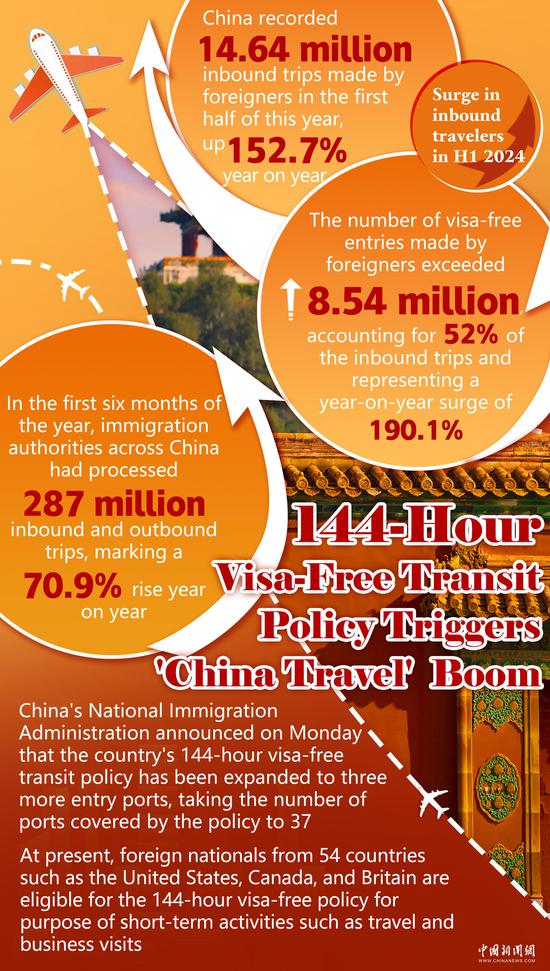




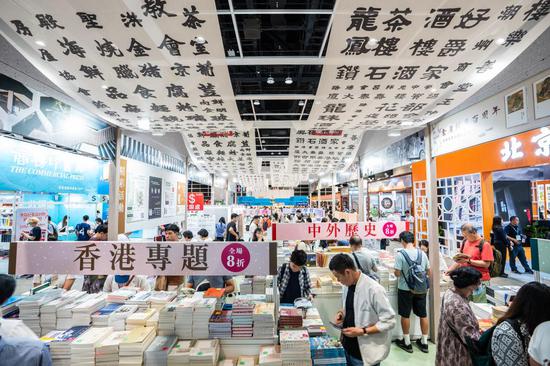








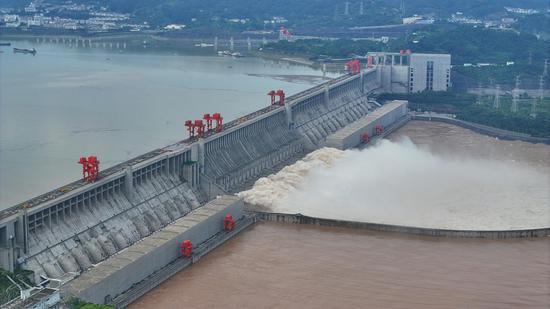









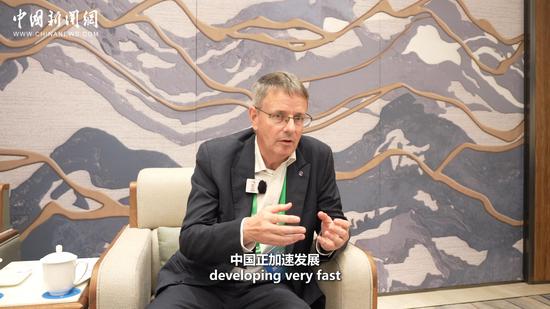



 京公网安备 11010202009201号
京公网安备 11010202009201号